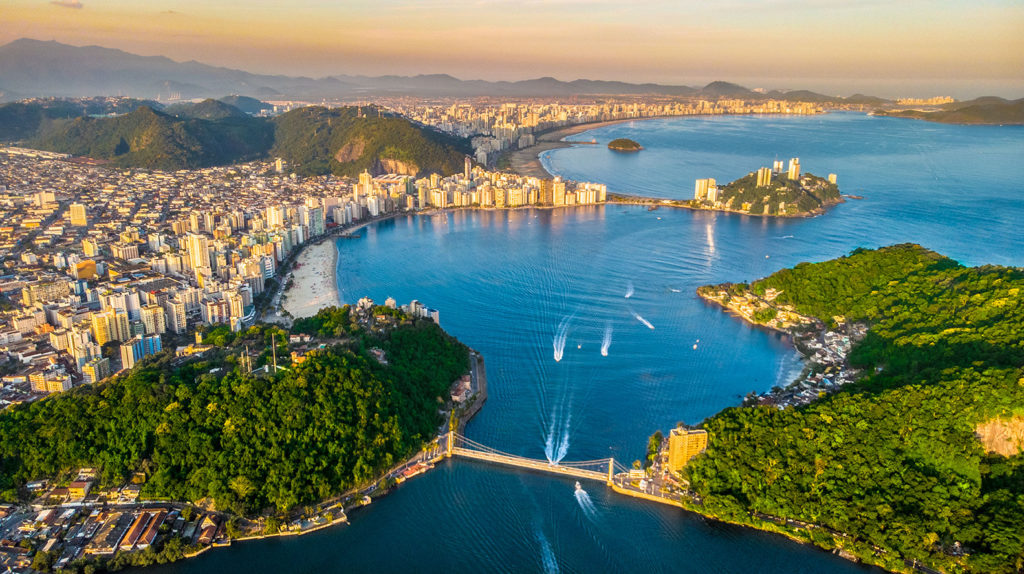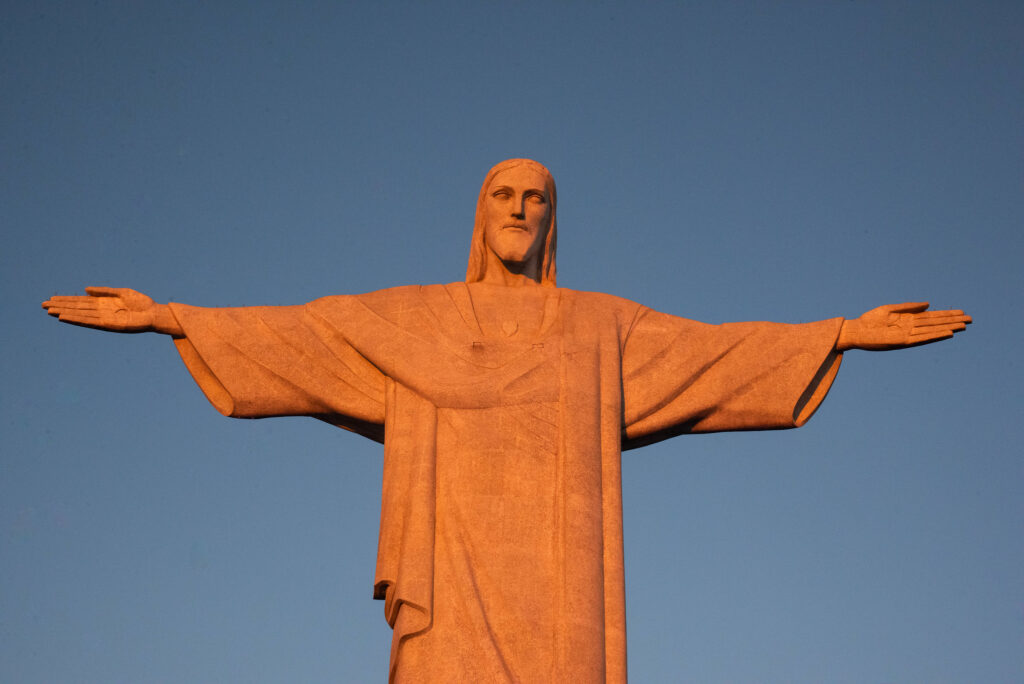Country/Region/City
Each FISU World University Championship is more than just a sporting event — it’s a unique opportunity to discover a new culture, explore a region, and connect with a vibrant academic community.
This page introduces you to the host country and city for this edition, highlighting their history, key features, and commitment to sport and youth.

[Country]
[Country name] is the largest country in [continent or region], both in area and population. Bordered by [geographical elements, e.g. the Atlantic Ocean] and neighboring [number] countries, it stands out for its cultural, geographical, and climatic diversity.
A former [colonizing country] colony, it is now the only [linguistic or cultural specificity, e.g. Portuguese-speaking] country in [region]. Its capital is [capital city], but its most iconic cities include [city 1] and [city 2].
[Country name] is known worldwide for [natural or cultural highlights, e.g. the Amazon rainforest, Carnival, football, music], as well as for its growing economy and rising influence on the international stage.
[City]
[City name] is one of the most iconic cities in [country name], famous for [landmarks or traits, e.g. its beaches, hills, monuments]. Nestled between [natural features, e.g. the sea and mountains], it offers stunning landscapes and a vibrant cultural life.
Known for [events or traditions, e.g. Carnival, music, football], it reflects the energy and diversity of the country. [City name] is a city of life, history, and openness — an ideal setting for an international event.

